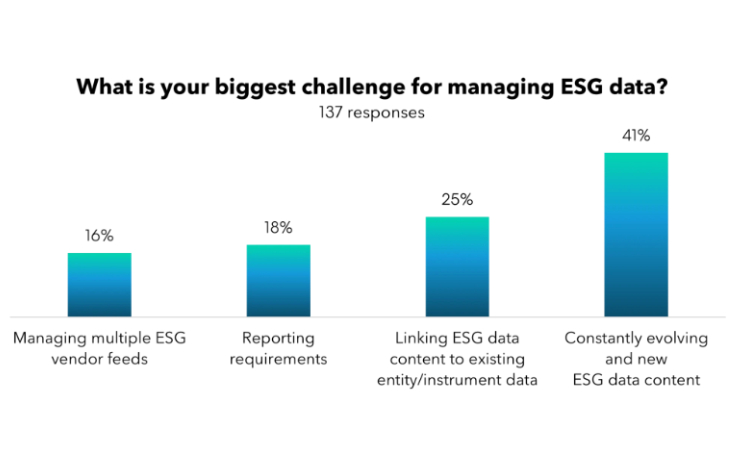Governance is a critical aspect of corporate sustainability and is the foundation of all ESG (Environmental, Social, and Governance) efforts. Good governance practices are essential to ensure that a company operates ethically, transparently, and in compliance with laws and regulations. ESG Impact helps businesses delve deeper into the concept of governance and explore its best practices, risks of mismanaging it, and benefits of good governance. Governance is the set of rules, policies, and practices that determine how a company is controlled and directed. It involves the framework of the organization’s decision-making processes, accountability, and transparency to various stakeholders, including employees, customers, shareholders, regulators, and the public. Good governance ensures that a company’s decisions are in line with its values and objectives while considering the impacts of its operations on society, the environment, and other stakeholders.
One of the best practices for governance is establishing a clear mission and values. This provides a framework for decision-making, guides behaviour, and helps companies identify and prioritize sustainability initiatives. The mission and values should align with the company’s long-term strategy, and all employees should understand and embody them.
Defining roles and responsibilities is another best practice for governance. This ensures that everyone understands their role in the organization, which helps to prevent conflicts of interest and promotes accountability. The board of directors is responsible for overseeing the company’s operations, and the management team is responsible for implementing the company’s strategy. Defining roles and responsibilities helps to ensure that there is no overlap between the two.
Implementing strong controls and procedures is also essential for good governance. These controls and procedures help to mitigate risks and ensure compliance with laws and regulations. They can include internal controls, risk management, and audit procedures. Internal controls are policies and procedures that ensure that the company’s assets are safeguarded, financial information is accurate, and legal and regulatory requirements are met. Risk management involves identifying, assessing, and mitigating risks that may arise in the company’s operations. Auditing is a review of the company’s operations, finances, and internal controls.
Fostering a culture of accountability is another best practice for governance. A culture of accountability ensures that everyone in the organization is responsible for their actions and is held accountable for their performance. This helps to promote ethical behaviour and encourages employees to act in the best interests of the company and its stakeholders.
Promoting transparency is another critical aspect of good governance. Transparency is key to building trust with stakeholders. Companies should communicate openly and honestly about their operations, financial performance, and social and environmental impacts. This can include publishing sustainability reports, engaging with stakeholders, and participating in industry initiatives.
Mismanagement of governance can have significant risks for companies, including reputational damage, legal and regulatory fines and penalties, and loss of investor confidence. Companies that fail to implement strong governance practices may engage in unethical or illegal behaviour, which can harm stakeholders and damage the company’s reputation. Additionally, companies that do not have effective governance practices in place may not be able to detect and mitigate risks, leaving them vulnerable to financial losses and other negative impacts.
On the other hand, good governance can provide many benefits for companies, including increased transparency, improved risk management, and enhanced reputation. Companies that prioritize good governance are more likely to attract and retain top talent, customers, and investors. Additionally, companies with strong governance practices are better positioned to identify and respond to emerging risks and opportunities.
In conclusion, governance is a critical component of ESG that is essential for companies of all sizes and industries. Best practices for governance include establishing a clear mission and values, defining roles and responsibilities, implementing strong controls and procedures, fostering a culture of accountability, and promoting transparency. Mismanaging governance can have significant risks for companies, while good governance can provide many benefits, including increased transparency, improved risk management, and enhanced stakeholder trust.
ESG Impact helps businesses:
Improve their Social License to Operate
ESG Reporting
ESG Strategy
CSR Reporting
ESG Stewardship
Create good governance










